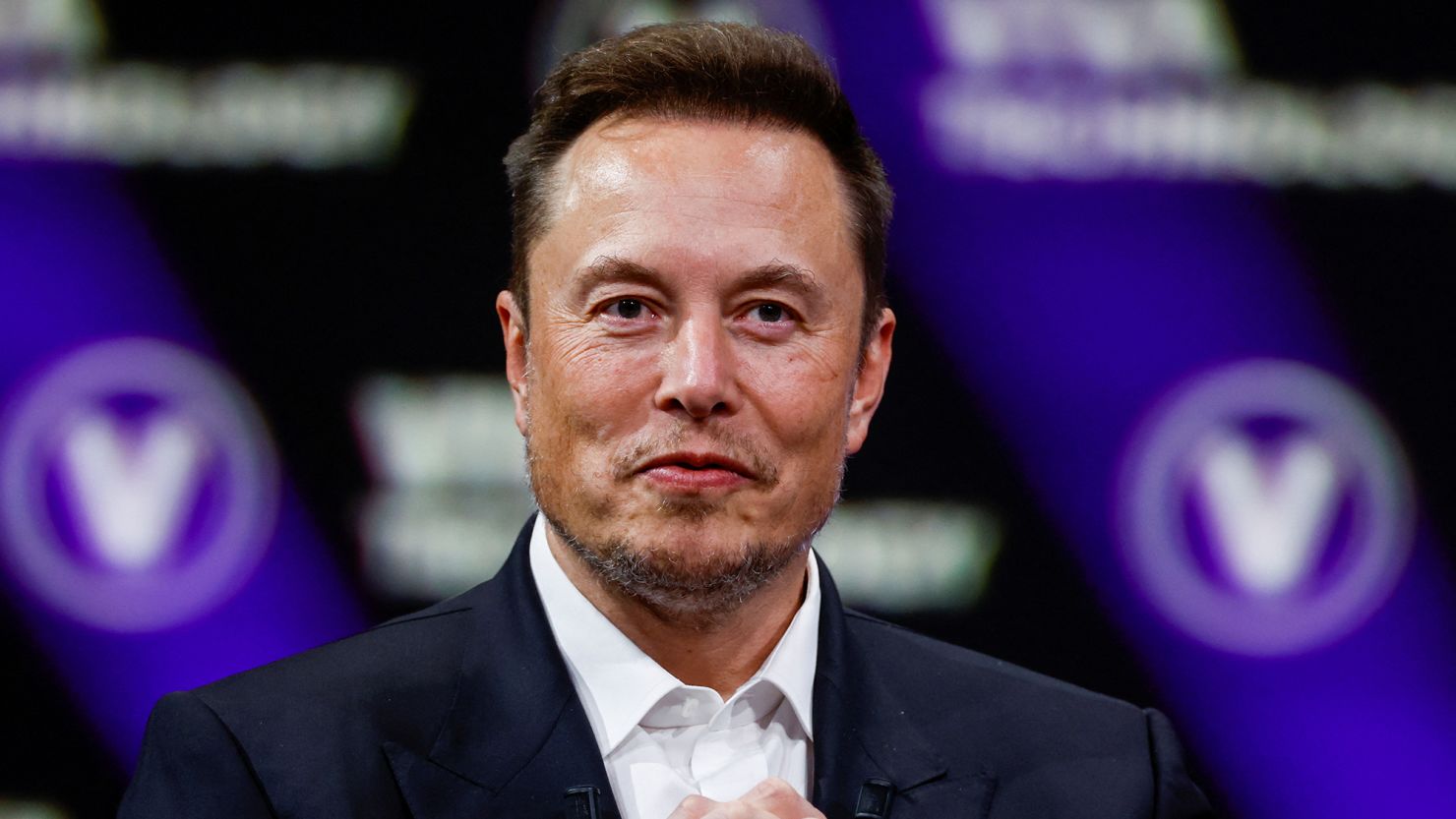Elon Musk, currently the world’s wealthiest individual, faced a setback this week when a Delaware judge invalidated Tesla’s massive $55.8 billion pay package. The judge, Chancellor Kathaleen St. J. McCormick, criticized the “unfathomable sum” as unfair to shareholders, stating that Tesla’s board failed to prove its fairness.
The legal challenge, brought by a shareholder, argued that Musk’s close ties with the Tesla board and his substantial influence in negotiations made the pay package unjust. Musk and Tesla countered, emphasizing the critical role of Musk’s continued leadership for the company’s future and highlighting concessions made to shareholders.
This ruling has left the Tesla board in a challenging position, described by Wedbush Securities analyst Daniel Ives as a “tornado situation.” The board now needs to navigate negotiations for a new pay package acceptable to both Musk and shareholders, consider an appeal, or possibly explore changing Tesla’s incorporation location.
In response to the ruling, Musk took to his social media platform, X, asking followers to vote on whether Tesla should incorporate in Texas, a state known for its business-friendly environment.
Case Western Reserve University law professor Anat Alon-Beck noted that Musk’s failure to adhere to corporate rules and procedures led to this situation. Despite this setback, Musk still retains ownership of approximately 411 million Tesla shares, valued at around $78 billion, even without the stock from the invalidated pay package.
The court decision comes amidst growing criticism of executive pay disparities compared to ordinary employees. The judge labeled Musk’s invalidated pay package as “absurd,” being 250 times larger than the median compensation plans of his peers and more than 33 times larger than his previous pay package. Bart Naylor from Public Citizen described Musk’s 2018 pay package as “eviscerating” previous CEO compensation records by orders of magnitude.















































